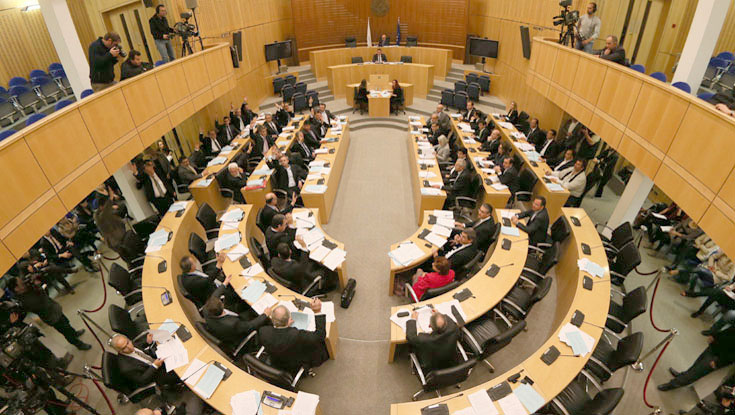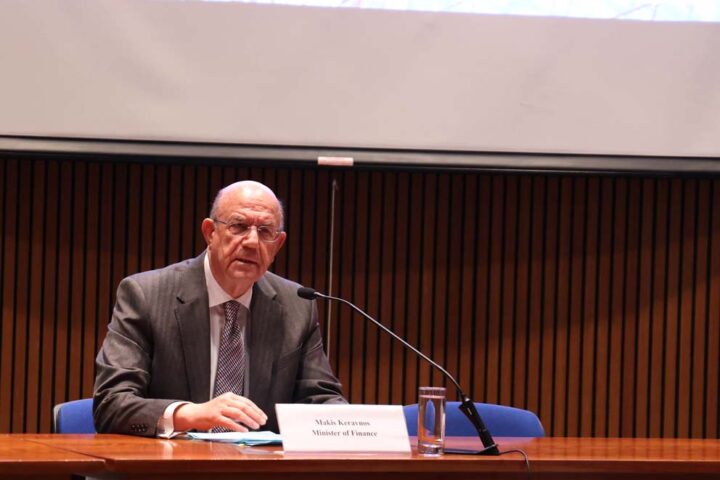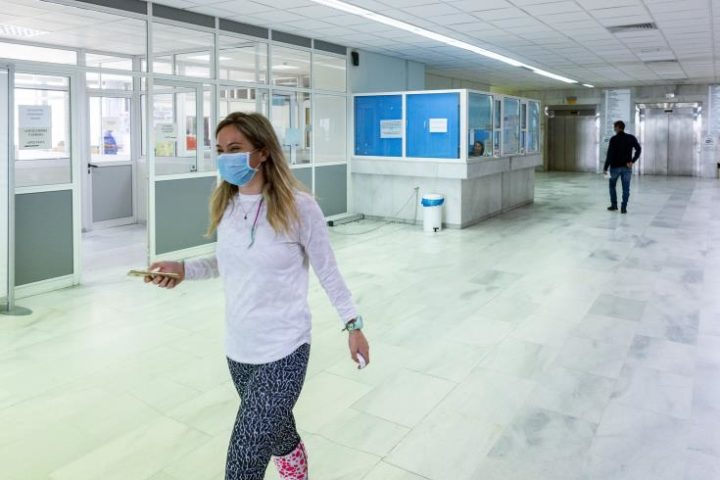The parliament of Cyprus initiated a three-day deliberation on Monday to approve the 2024 state budget, the first under the administration of President Nikos Christodoulides, who took office in February this year.
The proceedings commenced with a succinct overview of the House Finance Committee report presented by its Chair, Christiana Erotokritou.
The budget deliberations are scheduled to conclude by Wednesday, culminating in a vote at the plenary.
Parties have drafted a series of amendments to the state budget, subject to approval or rejection during Wednesday night’s session.
The budget demonstrates a surplus, featuring a fiscal surplus equivalent to 2.2% of GDP and a primary surplus of 3.6% of GDP.
Christodoulides’ government anticipates a fiscal surplus of €660 mln or 2.2% of GDP for 2024. The primary balance, excluding debt servicing expenses, is forecasted to reach €1 bln or 2.8% of GDP.
The total expenditures outlined in the 2024 budget amount to €13.04 bln, while the total General Government revenues are projected at €13.2 bln.
Expenditures requiring House approval are estimated at €8.7 bln.
The Finance Committee’s report on the state budget underscores the collective intent of all parties to uphold sound public finances, addressing forthcoming challenges and mitigating the repercussions of the conflicts in Ukraine and the recent events in the Middle East.
The report notes that while government forecasts indicate positive medium-term prospects for the Cypriot economy, prevailing uncertainties due to current conditions underscore the need for cautious optimism.
Emphasis is placed on sustainable economic growth, further reduction of public debt, maintaining a fiscal surplus, safeguarding citizens’ living standards from inflationary pressures, and ensuring citizen welfare as the government’s foremost priorities.
Green, digital, innovation
Additionally, promoting the green economy, digital transformation, research, innovation, and substantial development projects are expected to contribute to economic and employment enhancement.
Finance Minister Makis Keravnos, in earlier statements, highlighted the budget’s projection of a 2.9% growth rate for 2024. In 2023, GDP growth is estimated at 2.5%, a figure expected to be three times higher than the Euro area average.
President Christodoulides, commenting after the Cabinet’s approval of the budget in September, emphasised the focus on the real economy through developmental expenditures, aiming to enhance competitiveness, productivity and overall employment income, while creating new high-quality job positions.
The president had stated that strengthening the competitiveness of the economy will enable the implementation of targeted actions in crucial sectors such as education, health and social welfare.
“The substantial support for the middle class, the improvement of citizens’ daily lives, and the effective addressing of the impacts of inflation constitute the pillars of an innovative governance model with a strong social and developmental focus,” Christodoulides had said.










